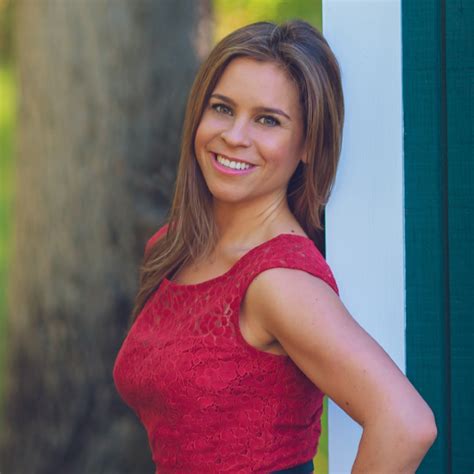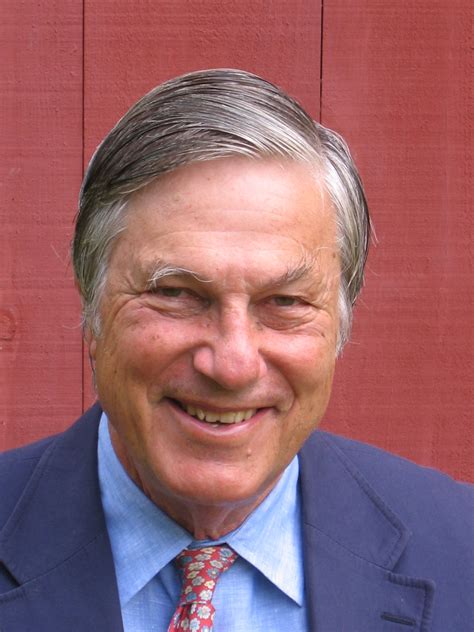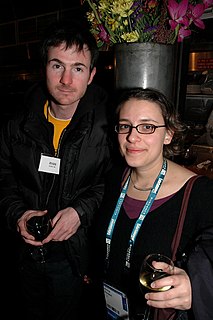A Quote by Helen Keller
If we do not like our work, and do not try to get happiness out of it, we are a menace to our profession as well as to ourselves.
Related Quotes
We don't want to give the controls to someone else; we want those reins ourselves. We want to get our way. And we get upset when things don't work out. . . . When we try to control someone else or events beyond the scope of our power, we lose. When we learn to discern the difference between what we can change and what we can't, we usually have an easier time expressing our power in our lives. Because we're not wasting all our energy using our power to change things we can't, we have a lot of energy left over to live our lives.
Our business in life is not to get ahead of others but to get ahead of ourselves; to break our own records; to outstrip our yesterdays by our todays; to bear our trials more beautifully than we ever dreamed we could; to give as we never have given; to do our work with more force and a finer finish than ever. This is the true idea: to get ahead of ourselves.
The misfortune of others is our misfortune. Our happiness is the happiness of others. To see ourselves in others and feel an inner oneness and sense of unity with them represents a fundamental revolution in the way we view and live our lives. Therefore, discriminating against another person is the same as discriminating against oneself. When we hurt another, we are hurting ourselves. And when we respect others, we respect and elevate our own lives as well.
In our concern for others, we worry less about ourselves. When we worry less about ourselves an experience of our own suffering is less intense. What does this tell us? Firstly, because our every action has a universal dimension, a potential impact on others' happiness, ethics are necessary as a means to ensure that we do not harm others. Secondly, it tells us that genuine happiness consists in those spiritual qualities of love, compassion, patience, tolerance and forgiveness and so on. For it is these which provide both for our happiness and others' happiness.
We've sweated and torn out our hair trying to reconstruct our chosen lives, to fashion them like literary sculptures, at once monumental and yet human. We've applied all of our intelligence, our empathy, our critical faculties, our compassion - and we think, in our delusion, that it's still 1960, and our work is going to get noticed.
Because we haven’t been taught to appreciate and love ourselves in this way, we don’t feel like we deserve self-care and pleasure. Instead, we cling to our To Do lists and sacrifice our health and well-being for the sake of others. Then, when we feel deprived of our basic human need for relaxation and enjoyment, we turn to food as our sole source of pleasure. When we then try to deprive ourselves of food through dieting, we deny the last bit of pleasure we have in our lives. And that strategy never works!
Aging happy and well, instead of sad and sick, is at least under some personal control. We have considerable control over our weight, our exercise, our education, and our abuse of cigarettes and alcohol. With hard work and/or therapy, our relationships with our spouses and our coping styles can be changed for the better. A successful old age may lie not so much in our stars and genes as in ourselves.
I don't try to take a person out of our world and put them into my world; that wouldn't work. It's sort of like bad Photoshop: If you see something Photoshopped together - and even if it's done pretty well - the eye catches on it. That happens a lot when people try to cut and paste people from our world into their fourteenth-century historical romance novel.



































